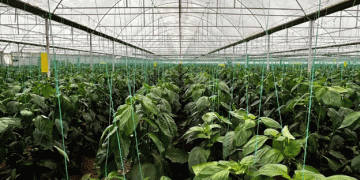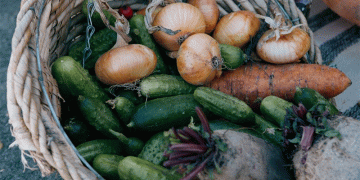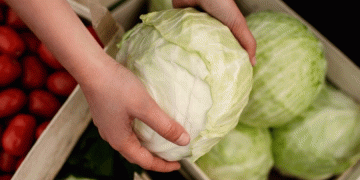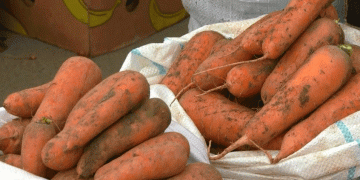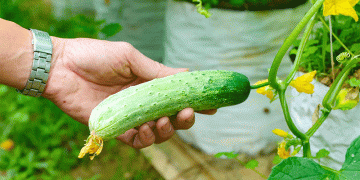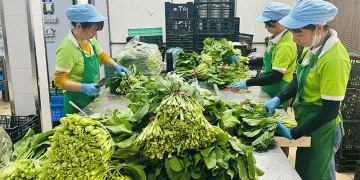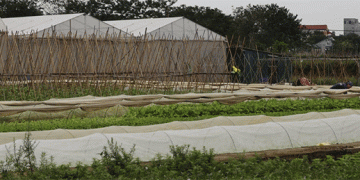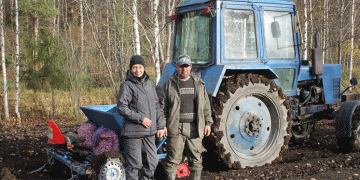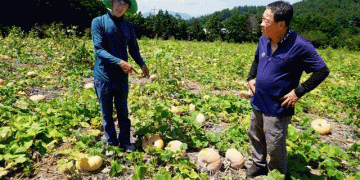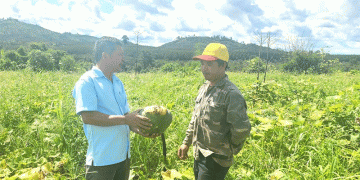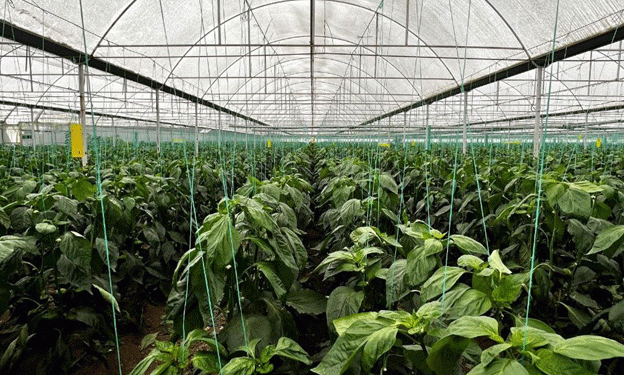Turkey’s agricultural sector is rapidly evolving to meet global demand for fruits and vegetables, particularly in the face of increasing consumer interest in sustainable and high-quality produce. Recently, Turkey’s Vice President of the Fresh Fruit and Vegetable Council and President of the Mediterranean Exporters’ Association, Umut Mirza Cavusoglu, shared insights during a press tour organized for Russian journalists, highlighting the unique strengths of Turkey’s production and export landscape.
Growing Demand and Production Capacity
Turkey’s Antalya region, known for its extensive greenhouse operations, plays a pivotal role in the country’s agricultural strategy. With approximately 50% of Turkey’s greenhouses situated in this region, Antalya is a hub for advanced horticultural practices. “Our producers in Antalya are continuously expanding their production capacities, utilizing modern technology such as substrate-based growing systems, heating, and drip irrigation,” said Cavusoglu. The region supports a wide variety of fruits and vegetables, including citrus, pomegranates, and persimmons, with a significant focus on greenhouse-grown produce.
Adapting to the European Green Deal
As part of its commitment to the European Green Deal, Turkey has been focusing on reducing pesticide use and increasing the adoption of biological alternatives. “We’ve implemented strict regulations on pesticide use, particularly in greenhouse production,” noted Cavusoglu. “Farmers are turning to biological controls such as beneficial insects and traps to manage pest populations.” The result is a significant reduction in pesticide residues, with current average levels in Antalya-grown produce being well below the European limit—around 0.3% compared to the 4% tolerance level set by the EU. Turkey’s goal is to reach pesticide-free produce, although this remains challenging due to the scale and complexity of modern agriculture.
Organic Production on the Rise
While organic farming in Turkey’s Antalya region remains a small but growing segment, efforts are underway to expand this market. “The challenge is scaling up organic production due to the large land requirements and the time needed for certification processes,” explained Cavusoglu. Despite this, Turkey is investing in organic farming initiatives to provide consumers with a healthier choice, especially amidst increasing global awareness about sustainable agriculture practices.
Government Support and Export Strategies
Turkish government support for greenhouses and horticultural enterprises includes discounted rates for electricity and water, crucial for maintaining the intensive production cycles of modern greenhouses. “We’re also prioritizing exports that meet international standards, ensuring our products are fresh and meet the specific requirements of international buyers,” said Cavusoglu. This strategy involves not only increasing the volume of existing exports but also diversifying into new products. For instance, Turkey recently began exporting persimmons to Russia, responding to market demand for the Trabzon variety—a firmer fruit than traditionally grown in Turkey. This approach reflects Turkey’s strategy to adapt to differing consumer preferences across regions.
Turkey’s agricultural sector is strategically positioned to meet the growing global demand for fruits and vegetables, particularly in the Russian market. By leveraging advanced technologies, regulatory compliance, and diverse production strategies, Turkey aims to expand its market share and provide high-quality, sustainably produced vegetables year-round. As the country continues to adapt to international standards and consumer preferences, it will be well poised to increase its footprint in Russia and beyond.
